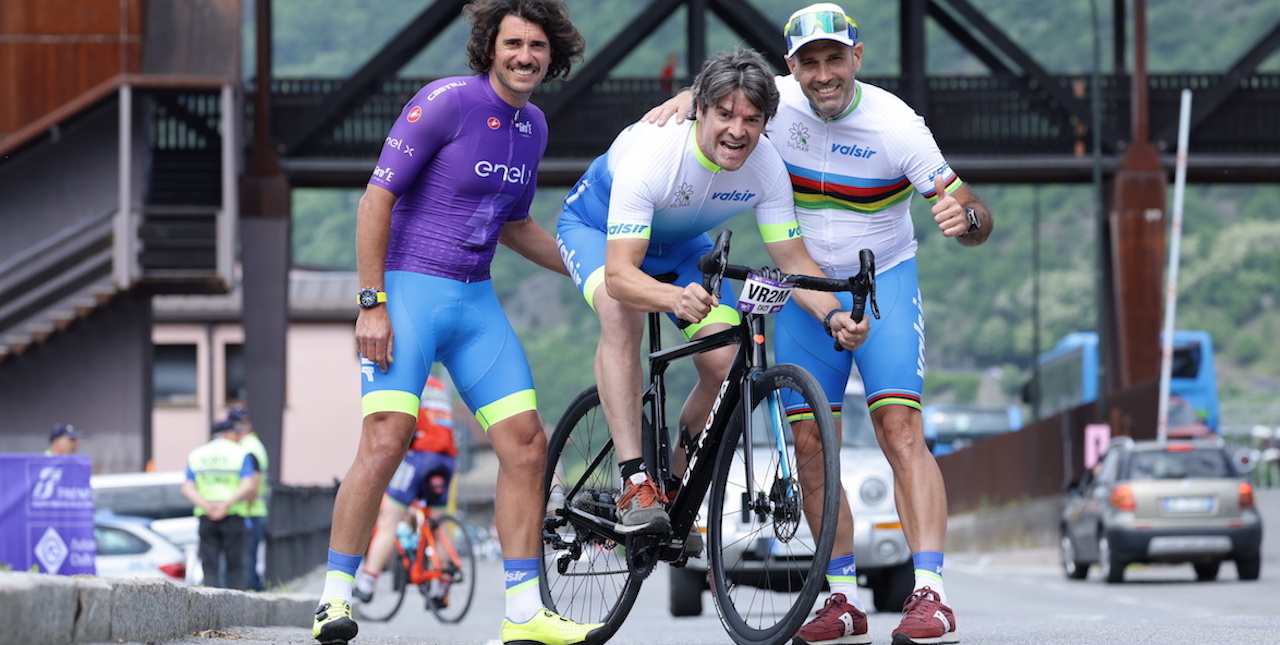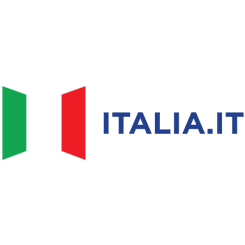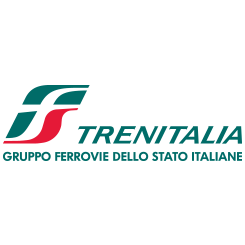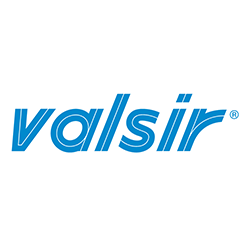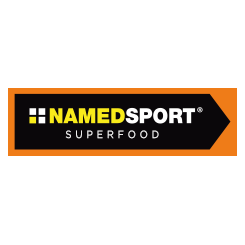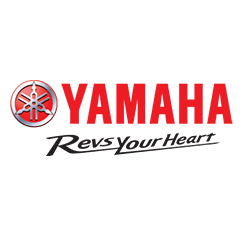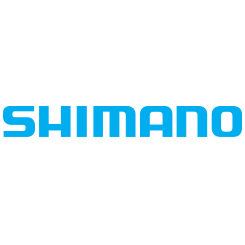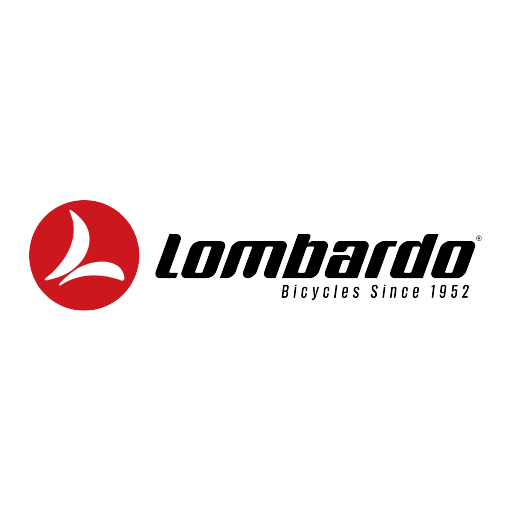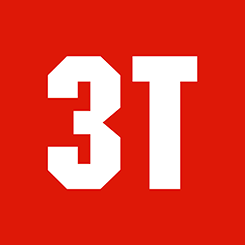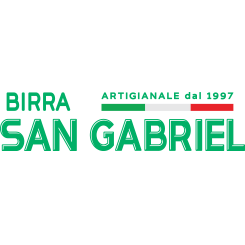Yesterday evening, the daily press release that the director of the Giro-E, Roberto Salvador, sends to all the team managers ran the headline “Tomorrow’s climbs”. It read as follows: “From kilometre 5.6 km to kilometre 18.2, 962 meters of vertical gain, an average gradient of 7.6% with a maximum gradient of 16% (Passo del Mortirolo); from kilometre 57.8 to kilometre 71.3, an ascent that is 13.5 km long with 1,078 m of vertical excursion, an 8.0% average gradient and a maximum of 13% (Santa Cristina)”. So this is it: the Mortirolo! Another iconic climb for this Giro-E which, on the mountain front, is proving to be the hardest ever. Now, after Etna, the Lanciano Pass, Blockhaus and Verrogne, comes the Mortirolo, and it’s not alone!
The Edolo – Aprica stage (Sforzato Wine Stage)
When you get into the mountains, places often have a close, long-standing connection with the Giro d’Italia. Edolo, for example, the start town for Stage 13, previously hosted the Giro in 1997, that time hosting the finish of Stage 21, won by Pavel Tonkov. Edolo’s location makes it a cycling paradise. It’s a lynchpin connecting several unique areas: the Aprica pass and the Valtellina are just 15 kilometres away, while Ponte di Legno and the Tonale are just a little further. Positioned on the confluence of the Oglio and Ogliolo rivers, it has all the fascination of an ancient crossroads, leading the traveller towards some of the best-known Alpine passes and some iconic cycling challenges: Passo Tonale, Passo del Mortirolo and Passo Gavia. Much of the surrounding area falls within spectacular natural parks: the Adamello Park and the Stelvio National Park.
In short, an area that’s all about cycling. Especially on today’s challenging stage which, as if the Mortirolo weren’t enough, includes another Category 1 climb, the Valico di Santa Cristina, on the approach to the finish. Curiously, this is also the ‘Sforzato Wine Stage’, dedicated, as the name suggests, to Sforzato di Valtellina, the area’s main wine, made from Nebbiolo grapes. Now that name conjures up visions of an easy-going ride, perhaps with a stop-off to taste this delicious nectar the locals lovingly call sfurzat.
Rider of the day – Carlos Checa
From powerful piston-engine bikes to pedal-power bikes of an altogether different kind. Drawing on the pluck that gave him a long, successful career in motorcycling, Spaniard Carlos Checa today faces the Mortirolo on an e-road bike as a member of the Valsir team, which has a knack of attracting high-calibre guests. Checa made his MotoGP debut in 1993, competing in a staggering 222 Grand Prix races and winning two. In 2008 he switched to Superbike, a category that saw him ride another 150 races and win a thoroughly deserved world title in 2011.
“I loved cycling… until I discovered motorbikes!”, says Checa. “But to be honest I always kept it up, even after I developed a passion for motorcycles. Cycling has always kept me race-fit, giving me stamina. With cycling, I’m kinda faster downhill, of course. I’m still working on my climbing skills. At home, in Andorra, in the Pyrenees, I’ve got an e-MTB. Using it off-road is a joy. I love riding with friends: I’m pals with José Antonio Herminda, a world champion mountain biker, and I also ride with Purito Rodríguez, a superb climber. The e-bike means I can actually keep up with them, otherwise they’d leave me standing! Yet it’s my close friendship with Igor Astarloa that’s brought me here: he was kind enough to invite me, and being part of the Giro d’Italia is simply mind-blowing, it’s an exceptional event. And doing the Mortirolo on a racing bike is a dream come true. With Igor I’ll also be doing the Maratona delle Dolomiti in early July… but I won’t have a battery to back me up then, I’m gonna have to pedal! One of my favourite Spanish cycling champions is Alejandro Valverde… at 42 he’s still making miracles happen. But for Spaniards no-one beats Indurain, he defined an era”.
Next update tomorrow, stage 14 of Giro-E, from Levico Terme to Lavarone.
Click here to see the Giro-E rankings.
In the photo, from left: Roberto Ferrari, Carlos Checa, Igor Astarloa


